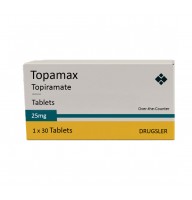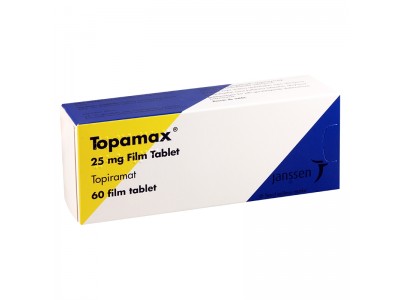Topiramate is not commonly associated with heartburn as a primary side effect. However, gastrointestinal symptoms, such as nausea, indigestion, and abdominal pain, have been reported, which could potentially contribute to or mimic heartburn in some individuals. While heartburn is not a typical side effect of topiramate, the medication's impact on the gastrointestinal system might indirectly lead to discomfort that could be interpreted as heartburn.
Heartburn occurs when stomach acid flows back into the esophagus, causing a burning sensation in the chest or throat. If you experience heartburn while taking topiramate, it may be due to various factors, including dietary changes, stress, or other medications you might be taking concurrently. Additionally, topiramate can cause side effects like dry mouth, which might affect your overall digestive comfort and contribute to symptoms similar to heartburn.
If you are experiencing heartburn while taking topiramate, it is important to discuss this with your healthcare provider. They can help determine whether the medication is contributing to your symptoms and suggest appropriate management strategies. These might include adjusting the dosage, changing the timing of medication intake, or recommending dietary and lifestyle changes to help alleviate heartburn. In some cases, your healthcare provider might suggest using medications specifically designed to treat acid reflux or heartburn. Regular monitoring and open communication with your healthcare provider can help manage side effects and ensure the safe and effective use of topiramate.

